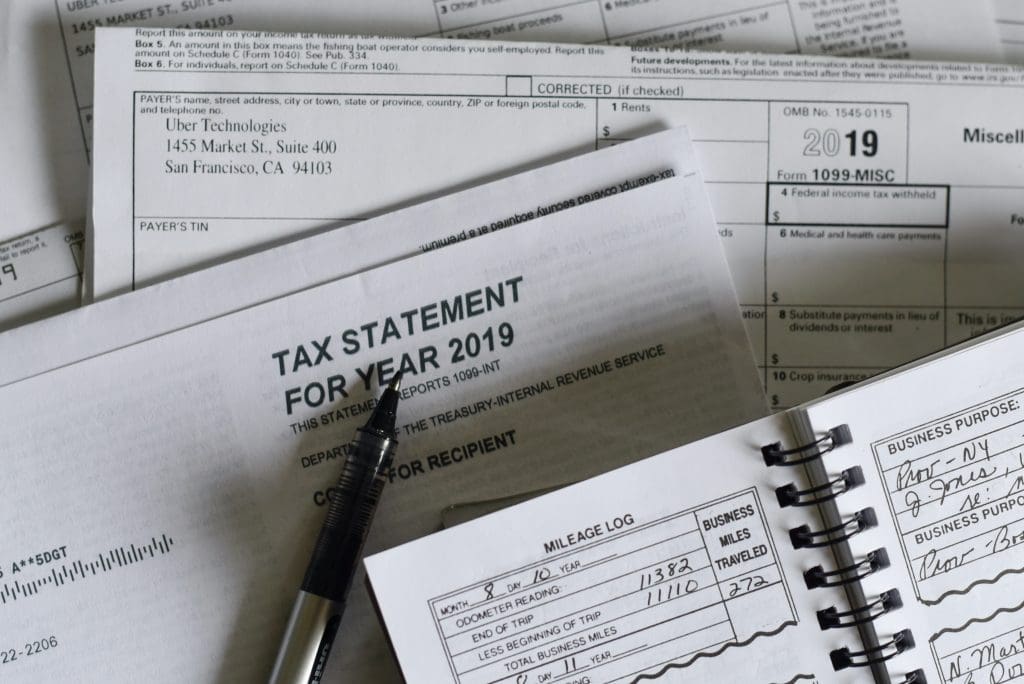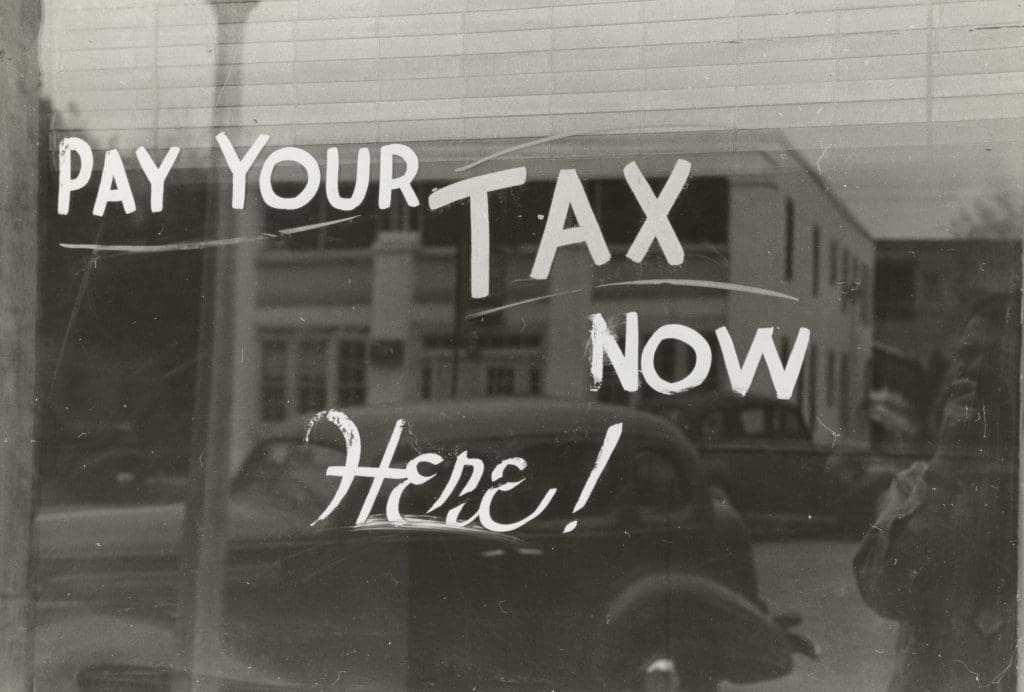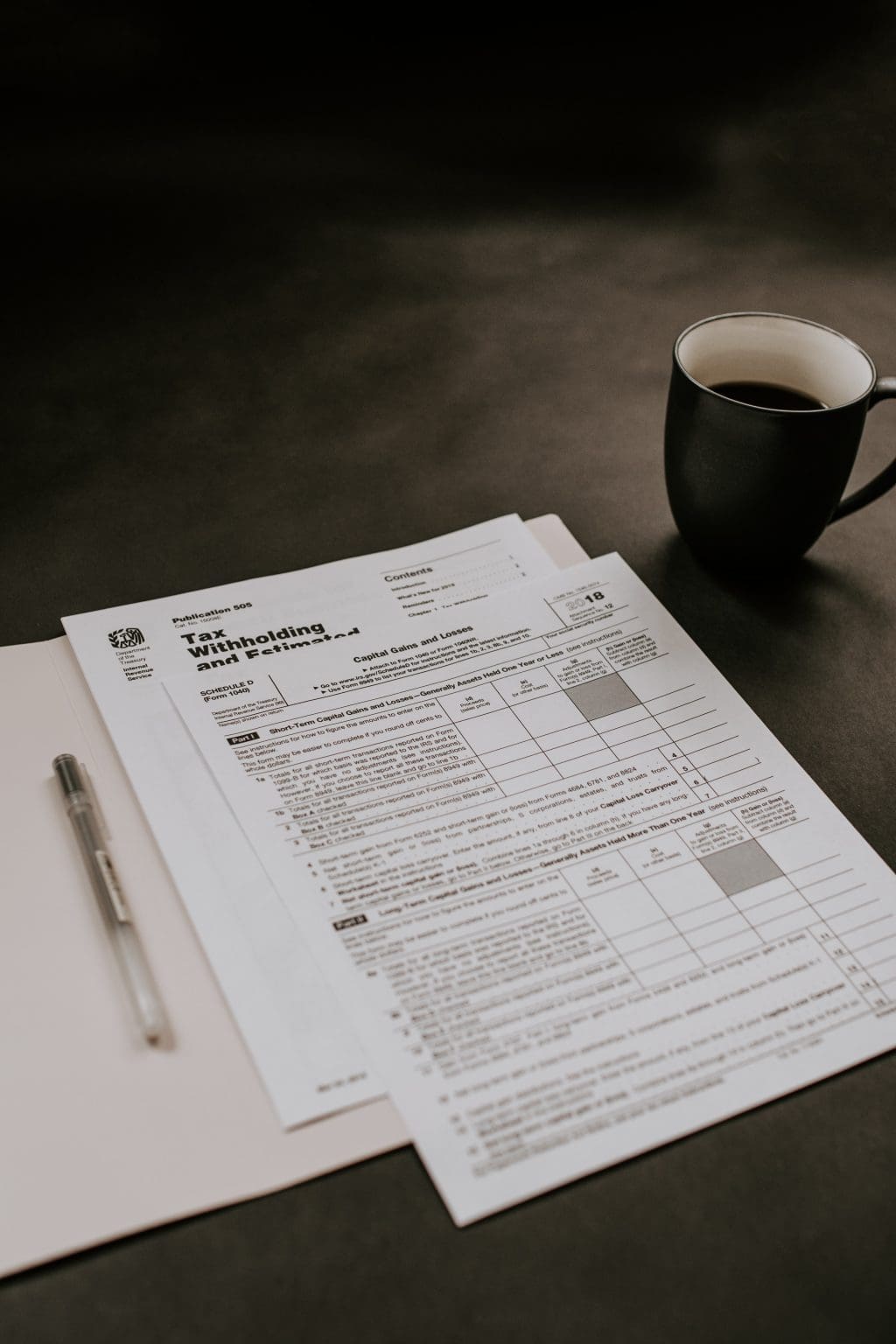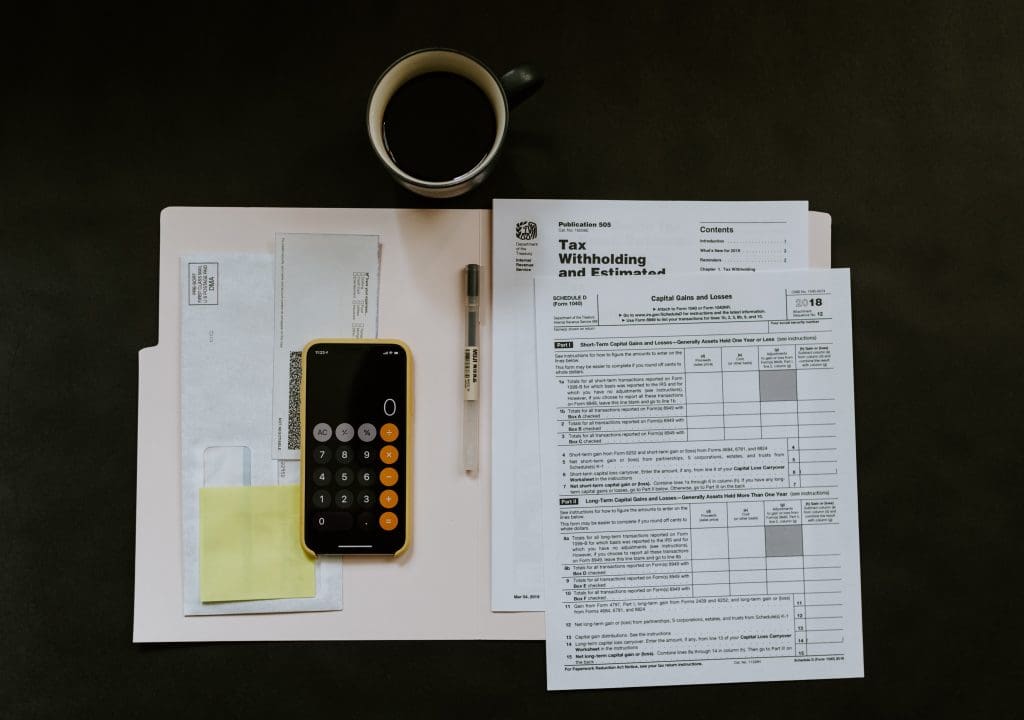As citizens of the Philippines, Filipinos have taxes to pay. Taxes are our contributions to the country. This year’s filing for Income Tax Returns is only until APRIL 15.

To people’s surprise, filing an Income Tax Return is relatively easy. So if it’s your first time, worry not because we got you. You may want to work on it as soon as possible since this year’s filing for Income Tax Returns is only until APRIL 15.
Guide to Filing Your Income Tax Return
Here’s a quick guide on how to file your income tax return.
What is an Income Tax Return (ITR)
According to the Bureau of Internal Revenue (BIR), income tax is a tax on an individual’s income, salary, or profit. The employer or a person often files the income tax return to report and pay all the necessary annual taxes.
Who is Required to File an Income Tax Return
In the Philippines, taxpayers are corporations, estates, trusts, or individuals.
Individuals are those who are Filipino residents with an income of more than ₱60,000 from profit sources inside or outside the Philippines. In addition, those who are employed, self-employed, or have mixed income are included on the list of individual taxpayers.
Meanwhile, non-resident Filipino citizens must also file an income tax return if their income sources are inside the Philippines. Aliens also getting income from the Philippines should also file an ITR.

Who are Exempted from Filing an Income Tax Return
There are instances where individuals are exempted from filing an ITR. Here is a list of exemptions:
- None-resident Filipino Citizen working and living outside of the Philippines
- Overseas Filipino Workers
- Minimum Wage Earners
Who has the option to NOT file for an ITR?
- Individuals with a gross income that’s not more than their personal exemptions
- Those with compensation income is not more than ₱60,000 from an employer. Their income tax must be correctly withheld as well.
- Individuals who have gone through the final withholding tax
- People who are qualified for substituted filing.

What Do You Need to File an ITR
- Tax Identification Number (TIN)
- Your first employer usually gives TIN.
- You can also register and get a TIN online here.
- BIR ITR Forms
- Form 1700- For individuals earning compensation income, including non-business or non-profession-related earnings.
- Form 1701- This form is for self-employed individuals, estates, and trusts.
- Form 1702- You must fill out this form for corporations and partnerships.
All forms can be downloaded through the eBIRForms.
How to Fill Out Your Income Tax Return Forms
Note: For those who need to Fill out Form 1700, employers will be the ones who usually assist you.

For BIR Forms 1701 and 1702:
- Fill out THREE (3) copies of the appropriate BIR From
- Make sure to attach all required documents
- Go to your RDO’s Authorized Agent Bank (AAB) and present your filled-out BIR forms and attachments. You also need to prepare your payment.
- If there are no AABs in your location, you may go to a Revenu Collection Officer or an Authorized City or Municipal Treasurer within your RDO. Bring and present your BIR Forms with the attachments and payment.
- You will receive a stamped and validated copy from the AAB teller, revenue collection officer, or city/municipal officer.
- For those with no payment, refundable returns, and tax returns qualified for a second installment, you may submit your BIR ITR form and other requirements.

You may also file for an ITR online through the Electronic Filing and Payment System (eFPS). Moreover, payments are made through online banking or money transfers. Provide your email to receive a receipt of return.
Filing for an ITR may seem like an added stress but it’s actually a good thing. An ITR can be used when applying for bank loans or travel visa. Now that you know the steps to filing for your ITR, you better get started so you won’t miss the deadline on April 15.

